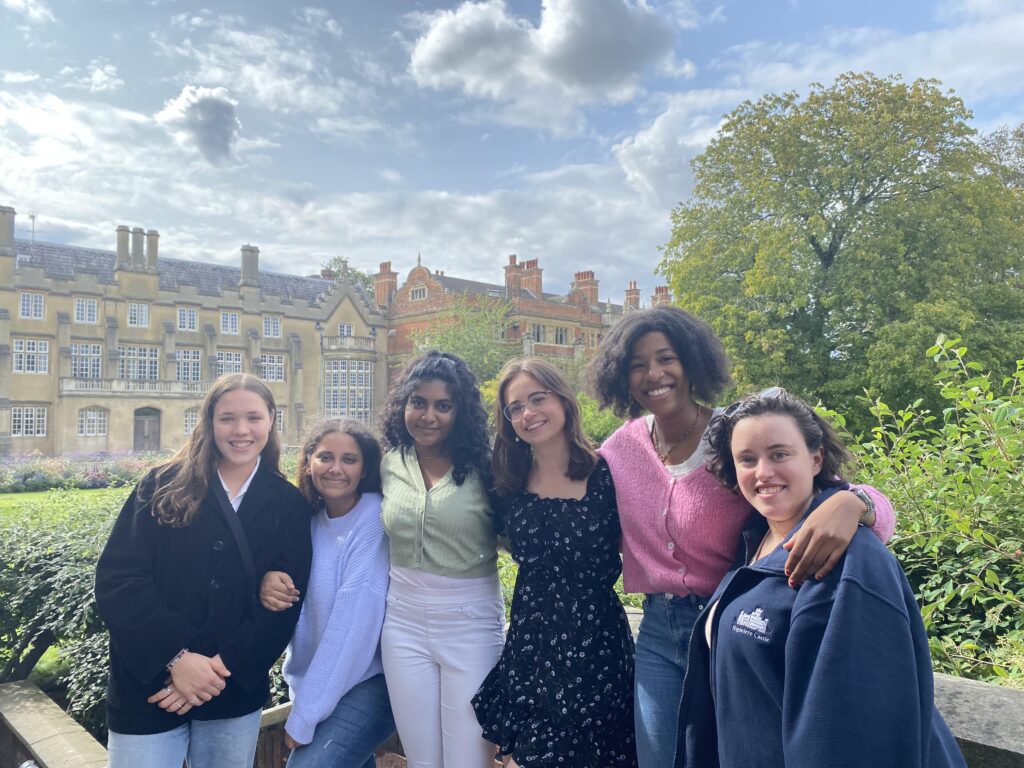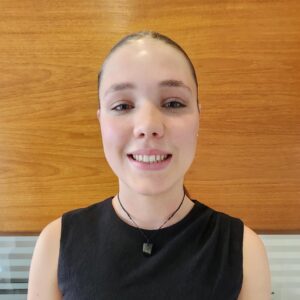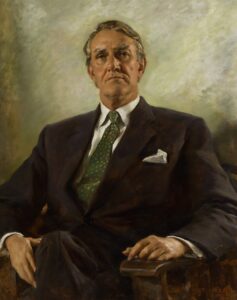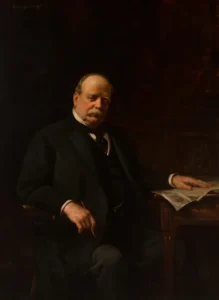At the end of August, I had the privilege of attending the 2023 Freedom Week run by the Adam Smith Institute (ASI) and the Institute of Economic Affairs (IEA).
Upon arrival in Cambridge, I found it surreal to be on the campus that had produced many respectable academics like Alfred Marshall, Thomas Malthus, Arthur Pigou, and Amartya Sen. Not to mention John Keynes, the famous self-proclaimed liberal socialist.
On the first day of the program, we received a warm welcome from the president of the ASI, Dr. Madsen Pirie. Following the formalities, we all promptly found our way to the Maypole Freehouse for a drink to kick off the week. It was a perfect opportunity to network and meet like-minded students from various backgrounds, some of which included liberal arts, political science, economics, law, and international relations. The first night set the tone for what was to be a great rest of the week.
As the week progressed, I came across various concepts and ideas I had not yet covered in my studies. Specifically, the potential for voucher systems to make publicly subsidised services more efficient. In Great Britain, the Department of Health and Social Care allocated £160.4 billion (85%) of the 2023/2024 budget toward the National Health Service (NHS). The NHS was introduced in 1946 and is a comprehensive public health service which covers virtually the whole population. Dr. Kristian Niemietz discussed how public funding squanders the competitive forces that drive innovation in the healthcare industry. In turn, this results in failure to achieve productive and allocative efficiency. Shifting to a social insurance system, supplemented by vouchers, would function to reward competitive health insurance companies. Medical professionals must also outcompete others to be eligible service providers included by insurance companies. In this system, individuals can select their preferred service and opt in for premiums where they wish to do so. With much of the discourse relevant to the United Kingdom, it was interesting to extrapolate and consider how such free-market remedies could apply in an Australian context.
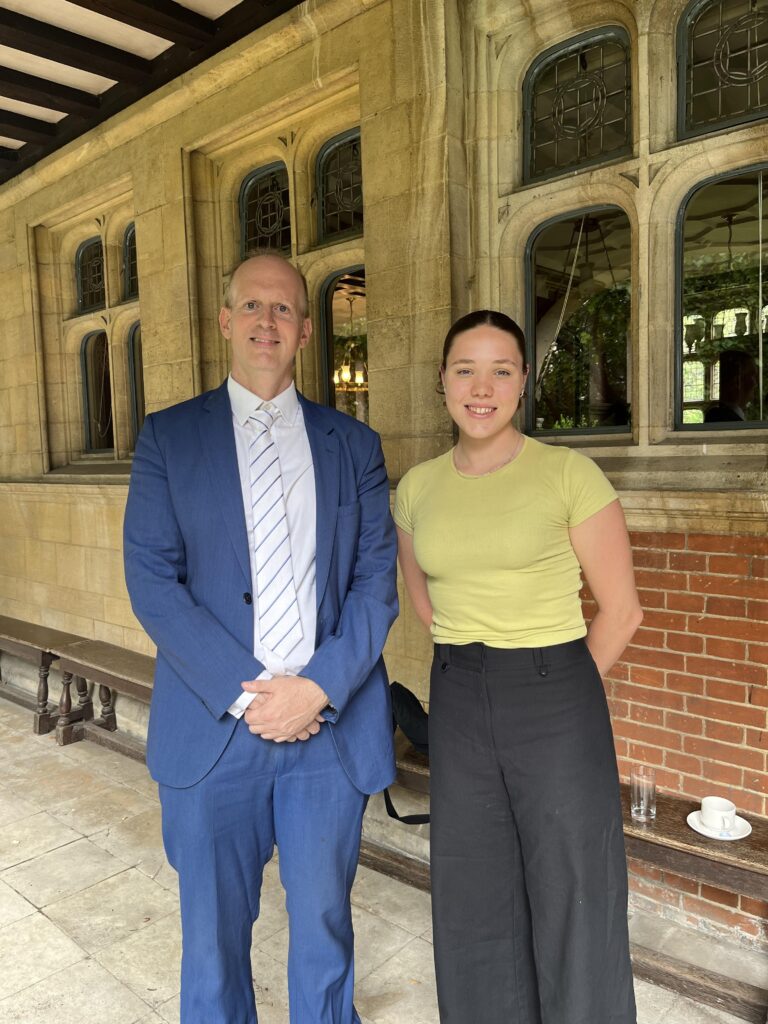
Professor David Collins with Yasmyn
Professor Victoria Bateman’s discussion on the historical role of women in the British economy and liberal feminism was also fascinating. She briefly explained her book, The Sex Factor, which explores the role women played in the growth of the British Empire. Victoria explained the nuclear family structure unique to the United Kingdom, postulating that a smaller family unit contributed to higher productivity and the rise of the democratic system. Additionally, she discussed the reduction in inequality and increased prevalence of female workers following the plague. Following the pandemic, a lower population resulted in labour scarcity and job vacancies. In turn, the worker’s bargaining power improved, reducing the power disparity between the lower/middle class and landowners. The high demand and improved conditions increased the incentive for women to enter the workforce. Later, she discussed her most recent publication, Naked Feminism, which explores the ‘cult of female modesty’. It was refreshing to hear a liberal perspective on central feminist concepts with many mainstream viewpoints common to radical feminism.
Attending Freedom Week extended the scope of my knowledge and enabled me to meet esteemed speakers and build strong friendships. There were various opportunities for personal development, such as the debate, which helped to reinforce my public speaking, leadership, and critical thinking skills. Moving forward, I feel more equipped to contribute to conversations about classical liberal concepts and have gained confidence in my professional skills. I greatly appreciate everyone at the Mannkal Economic Foundation who enabled me to partake in this fantastic opportunity. I cannot recommend the program enough and highly suggest continuing to send scholars to Freedom Week in the upcoming years.

